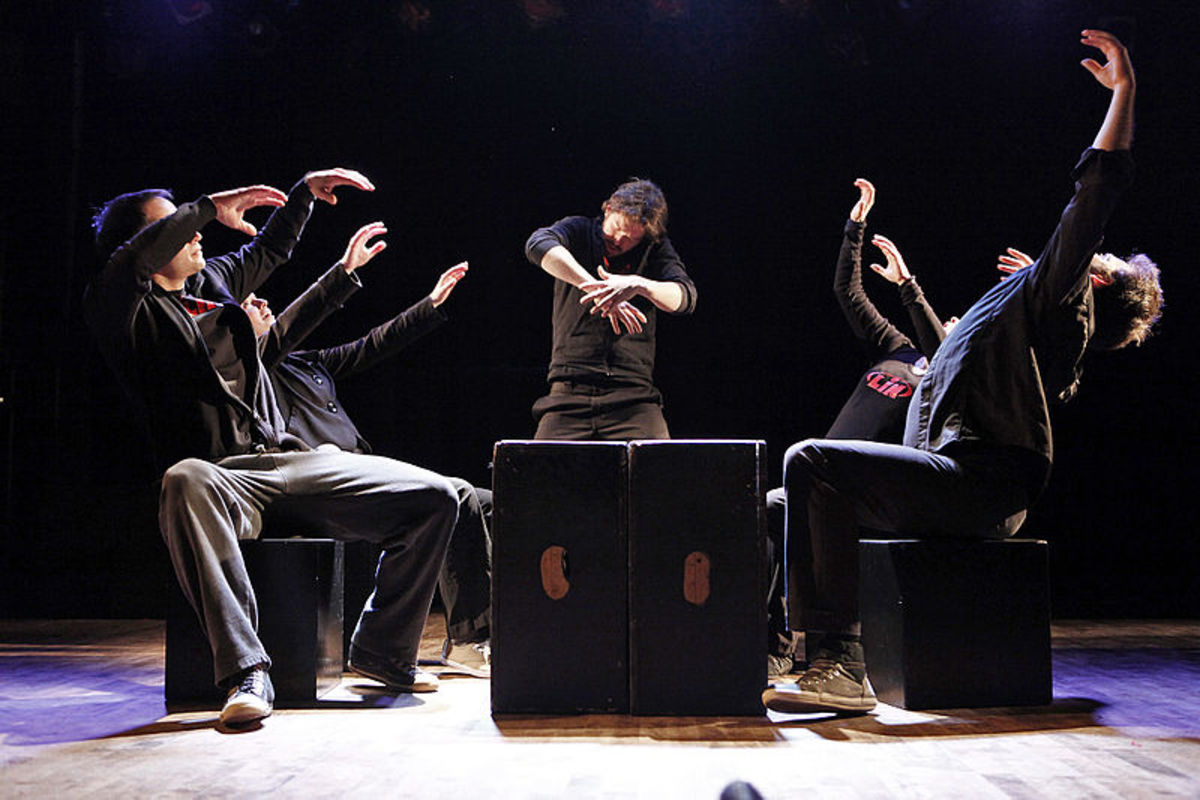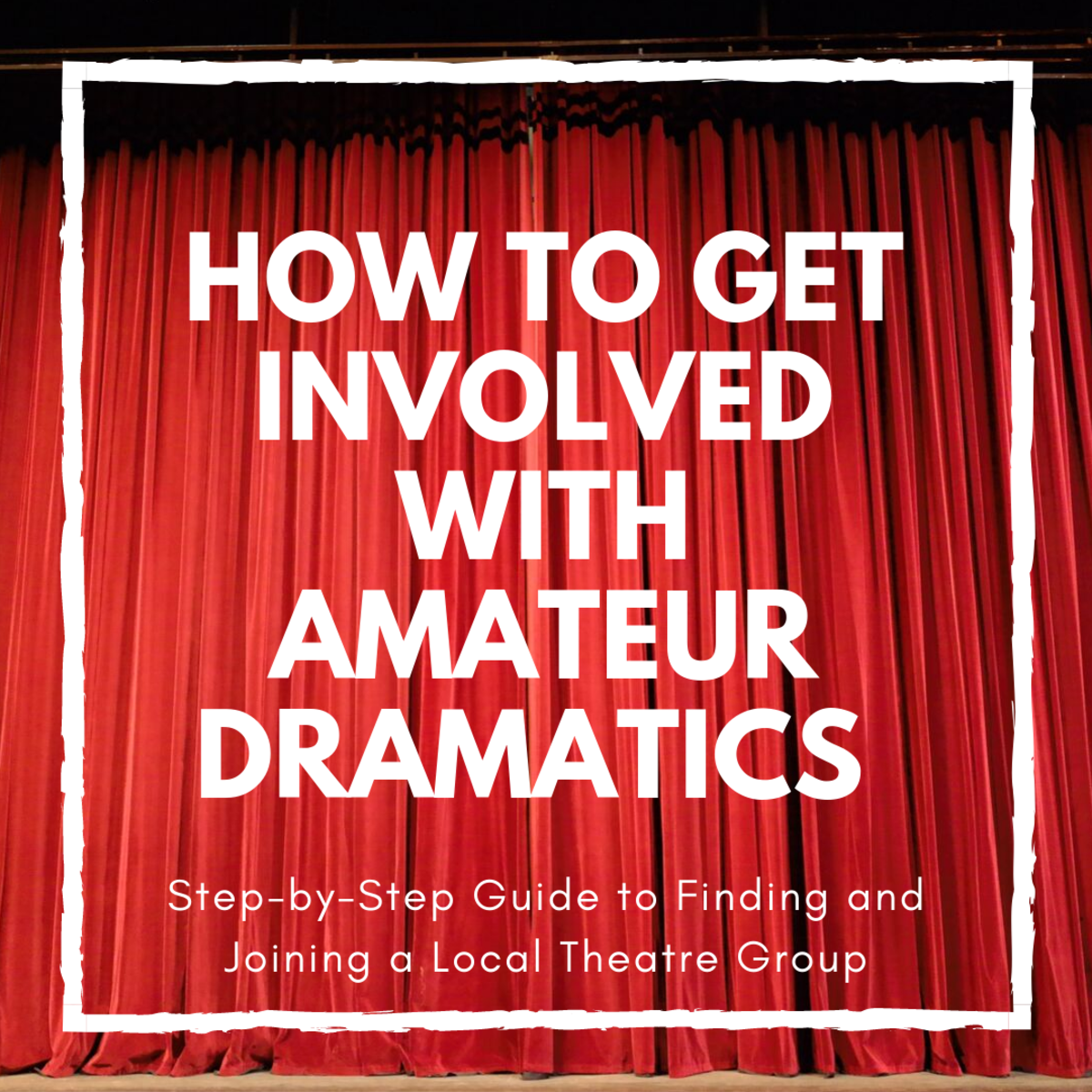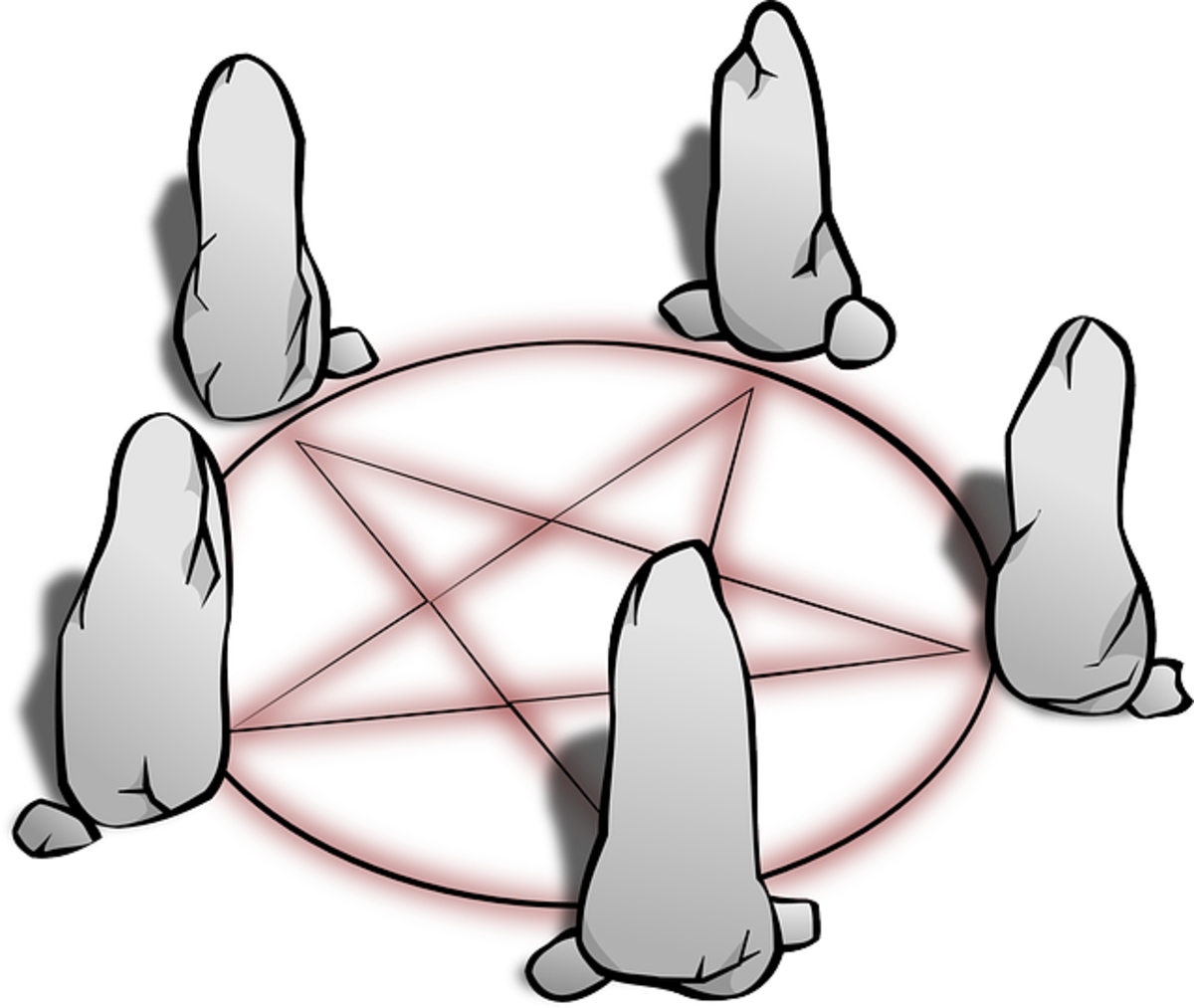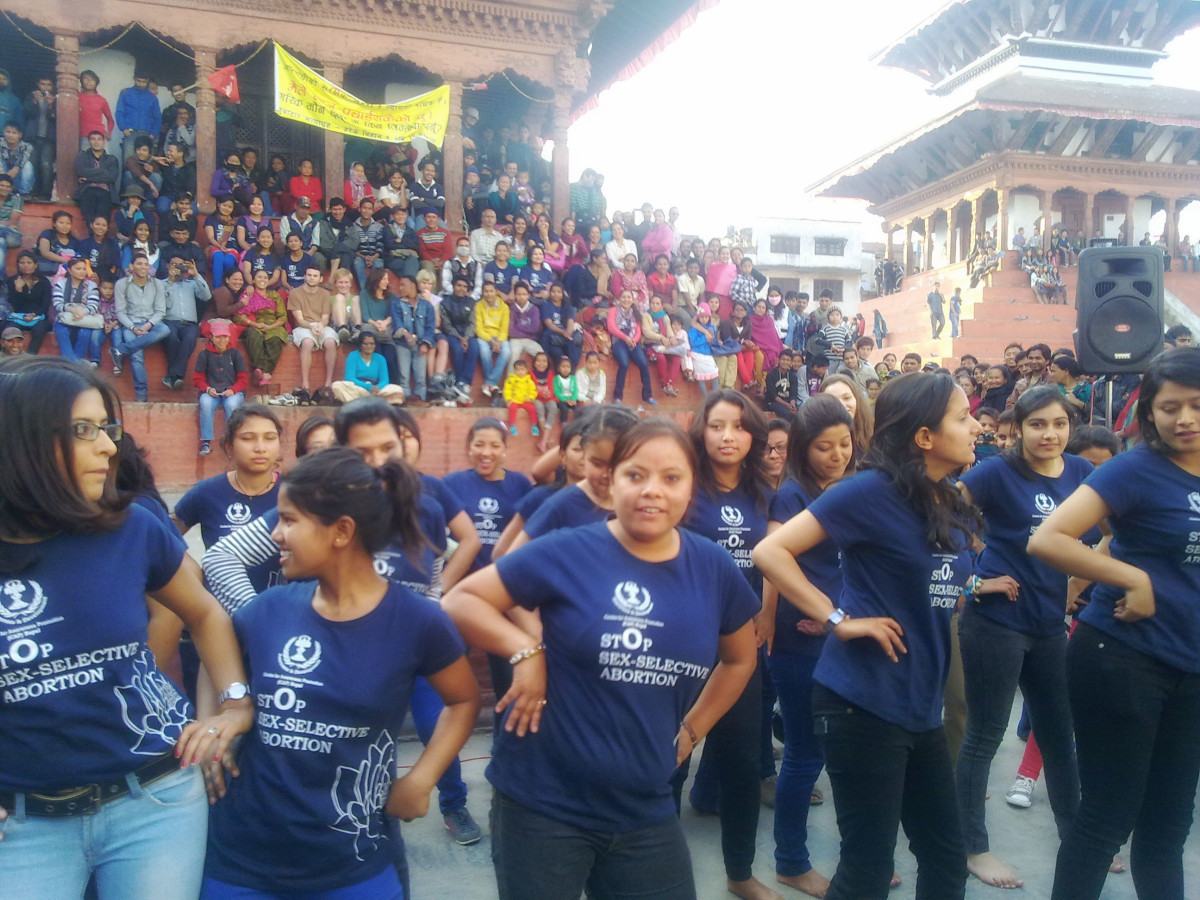How to Get Acting Audition Directors Interested in Casting You
They say 90% of directing is proper casting. After all, an actor can make--or break--a role in a show. Directors need to know that the people they cast are capable, confident people who can act and with whom they can work.
The first step in any audition, from the casting side, is elimination. Before any director can know who to cast, they need to know who not to cast. An actor can be eliminated from consideration for any number of reasons, and some of those reasons are out of the actor's control.
Once you've prepared for your audition and gotten over your nerves, here are a few more helpful things you can do (and not do) at auditions in order to make directors want to cast you.

THINGS TO DO
- Focus on your look. Notice, this says "look," not "looks." Your look is everything. It's the way you dress, the way you carry yourself, the way you sit, the way you do your nails, the way you move about the room. If your look is absolutely wrong for a part, you won't get that part; it's one of the easiest eliminations for a director to make. Acting is much more than just your voice and vocal emotion. Acting is a full-body exercise. If you're trying for a certain role, consider trying to emulate the way that character walks, talks, and holds him or herself. That said, don't dress in costume for an audition. It's cheesy.
- Listen and React. "Acting is reacting" may be cliché, but it's true. Even if you go into an audition completely memorized, you cannot rely only on the script. Listen to your fellow actors and react to the things they're doing and bringing to the audition. Remember--don't just 'act' on your lines, act between your lines as well.
- Show your personality. Directors need to know who you are. If you're at an audition, directors will already assume you can act. What they need to know is if you, personally, are right for the production. You'll be spending a lot of time together during the rehearsal and run of a show, and directors need to know that your personality will work both onstage and off.
- Be believable. Unless your play or film is highly stylized and well out of the norm, one of the most important aspects of acting is believability. There was a time when capital An acting had a very different feel from regular speech, and purposely so. Nowadays, audiences don't want to see people Acting, they want to see people doing. Make sure your performance, movements, and affectations are all believable.
- Get it right. Get it right, and get it right the first time. Don't go back and start again. Don't ask if you can try that line again. Don't pause your performance to go over a line in your head and then go back to acting. Obvious errors make you an easy elimination for casting directors.
- Be flexible. Show your director that you are willing to try new things when asked. Don't allow yourself to be caught off-guard by a request. Strange things may come up at auditions, and the more you're able to go with the flow, the better your chances are of being cast.
THINGS NOT TO DO
- Don't dress in costume. Your audition is like a job interview; dress professionally. Business casual is generally considered appropriate unless there is a significant dance or stylized movement part to the audition.
- Don't pick an audition piece simply because you like it. Pick something that shows your strengths. If you can, pick something unusual; many audition pieces (both monologues and songs) are done again and again and again, and the odds that yours will be the one to stand out in your director's mind are slim.
- Don't complain and don't be rude. Nobody wants to spend six plus weeks working with rude complainers, no matter how talented they are. This doesn't just apply to how you treat casting directors, either; they'll notice how you treat your fellow auditioners and the others around you.
- Don't apologize. Especially don't apologize mid-audition if you make a mistake. Simply recover and move on.
- Don't get discouraged. You will more often not be cast than be cast. Sometimes a role just isn't right for you, or you just aren't right for a role. Accept defeat and disappointment gracefully and move on to the next audition.








